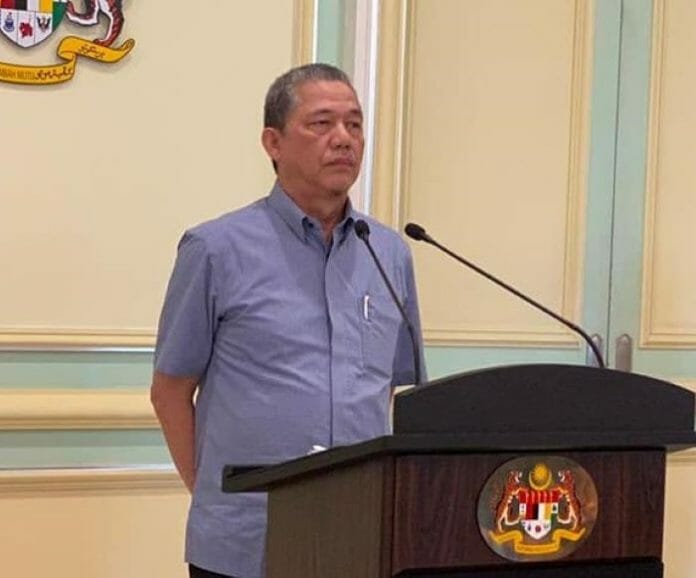After Indonesia announced that it plans to have its own CPO price benchmark, Malaysia said it will hold a meeting with the Indonesian government to discuss on the matter as this move could impact the country’s palm oil export severely.
Deputy Prime Minister and Plantation and Commodity Minister Datuk Seri Fadillah Yusof said the matter needs to be discussed together because Indonesia’s plan will affect the entire chain of the oil palm plantation industry not only for Malaysia but at the global level. Scheduled for the second week of February discussions need to be done first before any pricing decision is implemented for the good of the plantation sector in both countries,” he said.
Indonesian Trade Minister Zulkifli Hasan was previously reported as saying that if possible, the country would have a benchmark price of palm oil before June and no longer need to depend on Kuala Lumpur. Indonesia is currently the world’s largest producer of palm oil with nearly 50 million tons of CPO per year. Director General of the Malaysian Palm Oil Board (MPOB), Datuk Dr Ahmad Parveez Ghulam Kadir said the price of MSM in 2023 was expected to be between RM4,000 and RM4,200 per metric ton compared to RM5,087.50 per ton last year.
Among the topic of discussion include the issue of restrictions and trade barriers on palm products by the European Union, in the meantime, Fadillah said the country’s agro-commodity sector recorded a total trade value of RM268.2 billion last year while the trade balance amounted to RM146.5 billion. The export income of agro-commodity products is RM207.3 billion or 13.4 percent of the country’s total export income,” he said.
He is confident that trade performance will remain positive for this year despite a slight decrease of 1.1 percent last year compared to the previous year. In terms of contribution to the Gross Domestic Product (GDP) for the period from January to September last year, the agrocommodity sector has contributed as much as RM61.3 billion, which is 5.5 percent of the entire national GDP, he said.
As for workers, a total of 63,000 foreign workers are still needed in the agrocommodity sector for the palm oil sector. According to him, the lack of workers in the sector has caused the productivity of oil palm products to be severely affected and the country experienced a loss of revenue estimated at RM20 billion last year.









